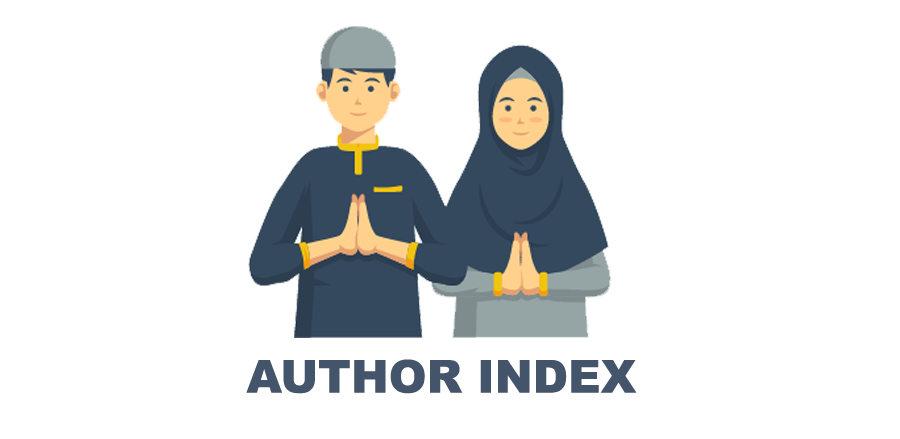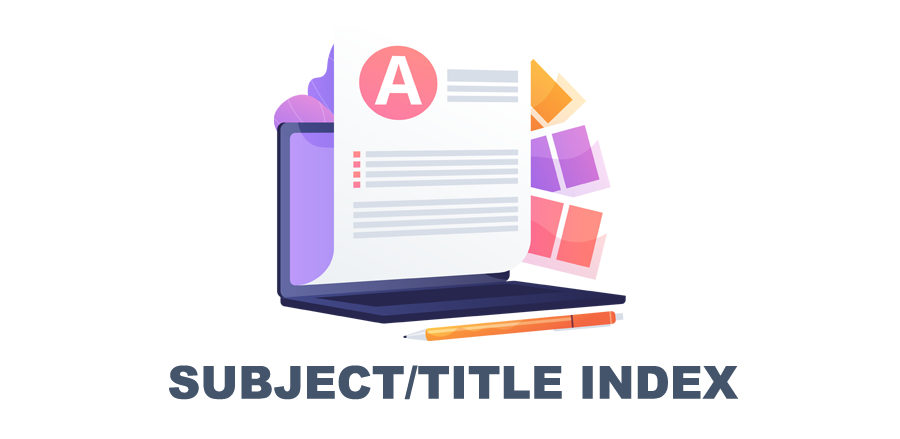Historia Dilemma Pendidikan Islam: Mengutamakan Kesalehan dan Moral atau Prestasi Akademik atau Integrasi Keduanya dalam Pembelajaran yang Berpusat pada Siswa
DOI:
https://doi.org/10.32616/pgr.v2.2.159.1-8Keywords:
Islamic Education, Moral Piety, Academic Achievement, IntegrationAbstract
The purpose of this article is to examine historically the dilemma of Islamic Education in practice prioritizing piety and morals or academic achievement or the integration of both and whether student-centered learning comes from the concept of Islam. The results of the discussion concluded that the progress and decline of Islamic education along with political and other developments in each era of large-scale gradations began the attack of the orientalist era of Al Ghozali, external invasion had attacked the heart of Islam which began from the continuous 11th and 12th crusades and Mongol invasion during the 13th century, and afterwards, Islamic education underwent several transformations in its main characteristics even though it was slowed down by the issue of taqlid. The point is the combination of the deadly taqlid invasion and foreign attacks significantly dims the prominence of Islam in the artistic and scientific world. Between the emergence of the appearance of Islamic thinkers and their relationship with the rulers of their time, differences must be made between Madrasahs and Maktab because both are related to Islamic education. Islam regards science as another form of worship and that humans must be close to Allah. Science studies are expected to strengthen faith: "Muslim educators unanimously agree that the purpose of education is not to cram students' minds with facts alone, but more important is to prepare them for a pure and sincere life". In the Muslim world, regardless of differences in religious doctrine, the curriculum is ideally the same, regardless of the composition of race, language or school. The curriculum in the Maktab is centered on the Quran. Student piety and moral behavior are considered as important as student academic achievement in Islam. The consensus of Islamic education holds the idea that a teacher must persuade students to be brighter than dictate or force - the teacher assures students of the truth. Along with instilling students with his knowledge he must be an example of a model of behavior, because washing, cheating and corruption are not considered as professions in Islam. A teacher must be an example of the religious values ??expected by students. This opens the way for developing Students' intelligence and personality in the right direction. From this study, it has historically proven that Islamic education is student-centered educationDownloads
Download data is not yet available.
Downloads
Published
2018-08-17
Issue
Section
Articles
License
Copyright (c) 2018 Syu'aib Nawawi

This work is licensed under a Creative Commons Attribution 4.0 International License.
How to Cite
Nawawi, S. (2018). Historia Dilemma Pendidikan Islam: Mengutamakan Kesalehan dan Moral atau Prestasi Akademik atau Integrasi Keduanya dalam Pembelajaran yang Berpusat pada Siswa. PROGRESSA: Journal of Islamic Religious Instruction, 2(2), 1-8. https://doi.org/10.32616/pgr.v2.2.159.1-8







